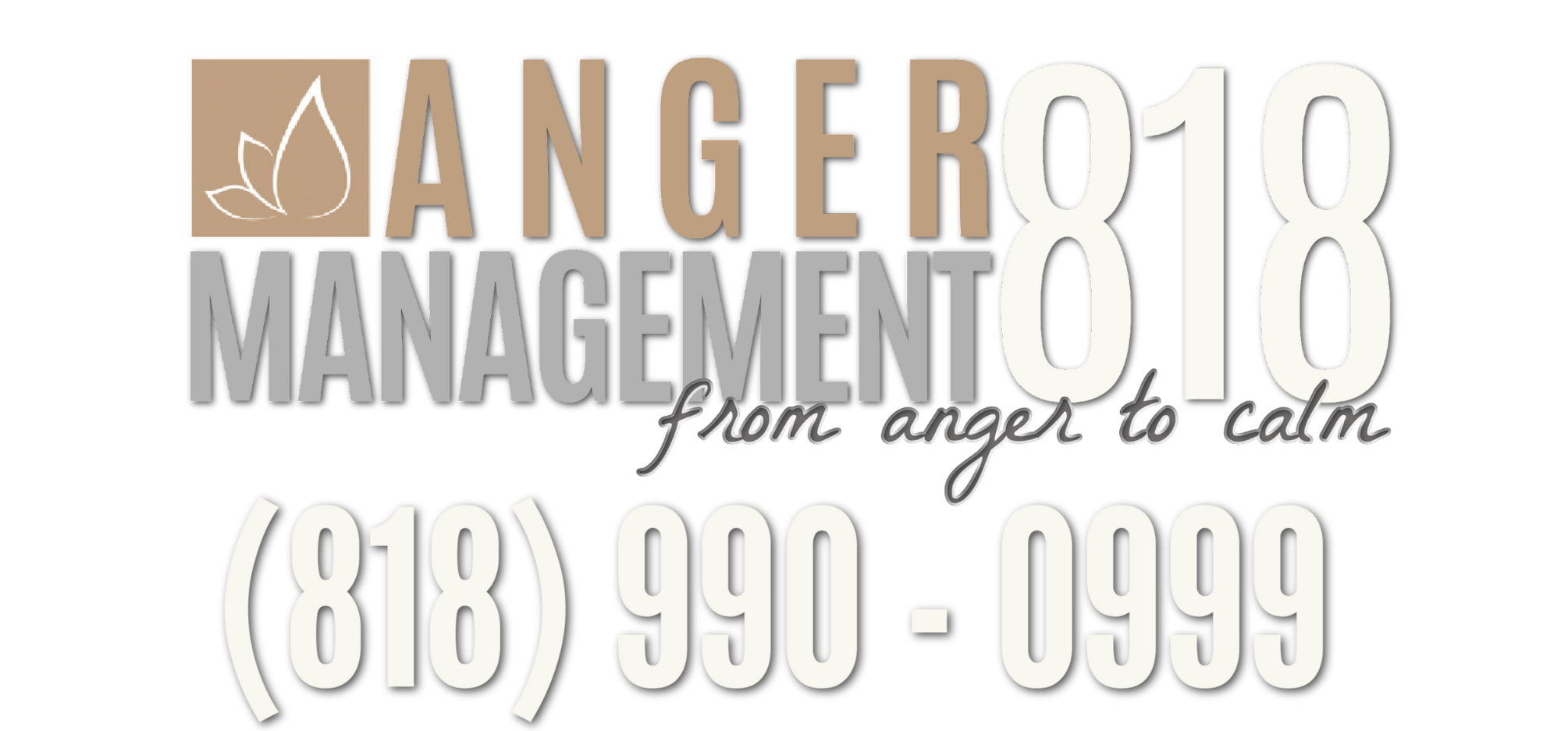Most cases than not, we interchange these two. Assumptions are defined as “a thing that is accepted as true or as certain to happen, without proof.” Expectations are defined as “a strong belief that something will happen or be the case in the future.” These two come up in many relationships, either professionally or personally. From an article I recently read, the core of an assumption is entitlement – mostly because the other person or persons do not have a say on what has been assumed. It is not stated in most cases and it has more of a negative connotation to it. The core of expectations on the other hand is hope. An Expectation tends to have a more positive connotation to it. And like many things, misplaced expectations will contribute to our feeling unhappy, undervalued, misunderstood, and not taken seriously.
Assumptions will impact our tendency to jump to conclusions that are not accurate. When we entertain these inaccurate thoughts, they inform our next move, and most times than not, we end up making a fool of ourselves. Assumptions are created through role modeling, upbringing, learned behaviors and the different cultures we have experienced. Whether it’s in our workplace or home life, we are quick to think assumptions should apply to all. So, we see no need to discuss them. When these assumptions are not fulfilled, we become angry, triggered, irritated, annoyed.
What am I trying to say? Before you assume, ask questions, and confirm. When one does not understand, ask clarifying questions to make sure that you are making informed and valid decisions. It can be difficult in some cases because we are avoiding a bruised ego, but in the long run, it is essential to maintain healthy relationships, and even develop intimacy with those whom we hold dear.
As for expectations, discuss them using assertive communication. This is also a good way to set boundaries. Expectations need to be revisited every once in a while, especially when unanticipated events occur. This saves us so much trouble, arguments, disagreements and also resentment. I like to describe expectations as a call to one’s triggers. An example is: “Please talk to me next time before making any decisions regarding the daycare schedule, so I am aware and I can plan ahead. This helps me stay organized and helps me feel included.” This would mean that lack of communication surrounding time and scheduling without notice is a trigger. It means this person likes to be informed ahead of time, so they can make adjustments, and feel included, which helps them feel valued.
Let’s be mindful of how mindlessly we put the burden on others to meet our expectations, and read our minds when it comes to assumptions. It is not fair. Let’s communicate those things we hold dear and come to an understanding for healthier and long-lived relationship outcomes.

